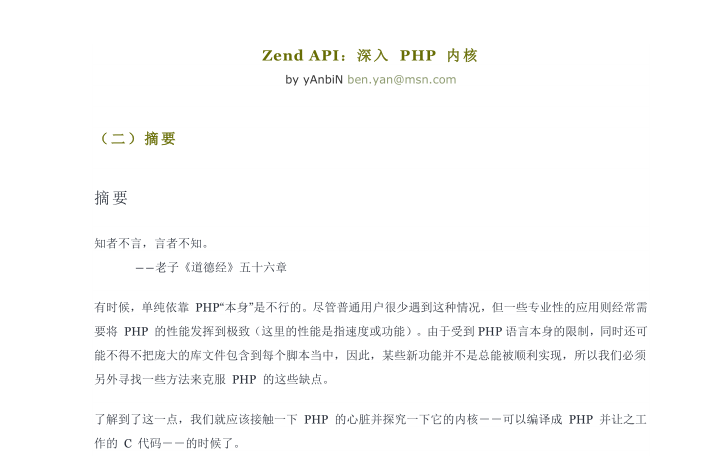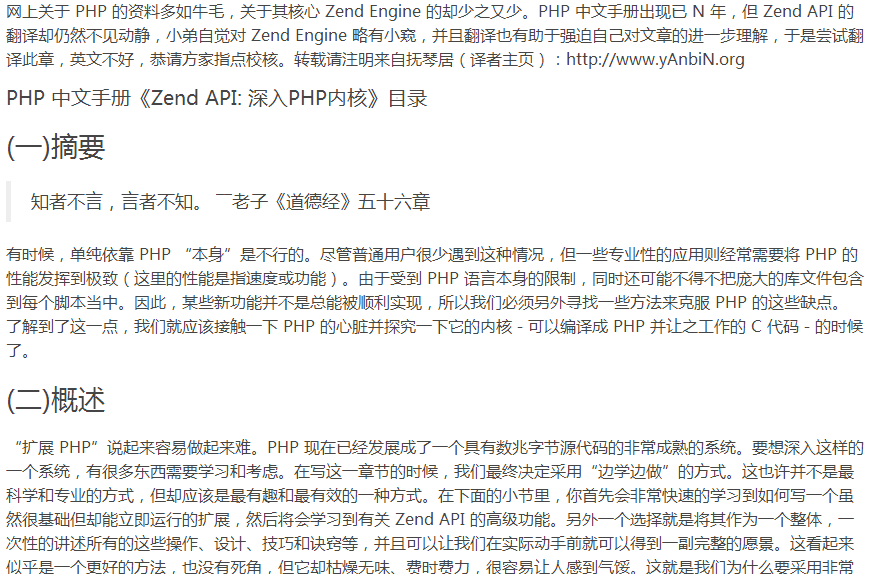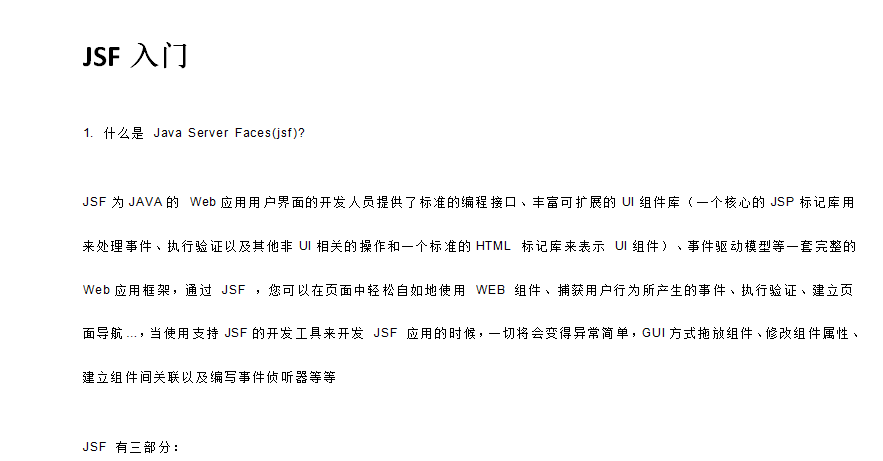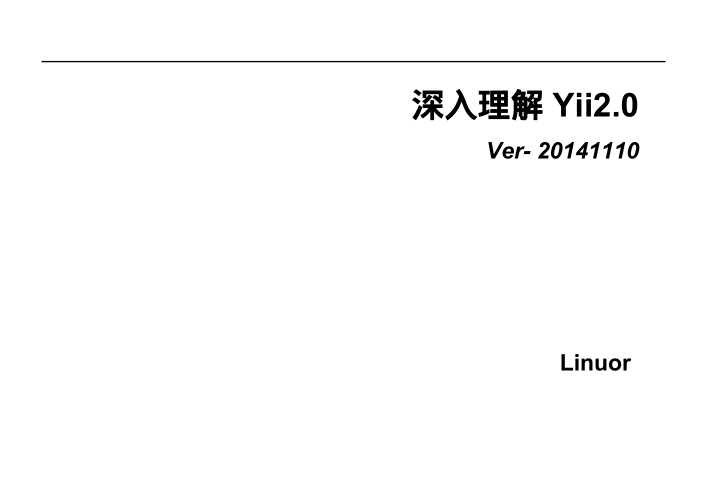最新下载
24小时阅读排行榜
- 1 php怎么调试接口接口文档_php接口文档编写与接口调试对应方法
- 2 系统重装后驱动安装顺序指南
- 3 Golang如何构建简单的库存统计项目
- 4 双系统安装教程_Windows+Linux共存配置
- 5 Python入门如何安装第三方库_Python入门包管理的必备技能
- 6 如何在mysql中设计商品评价系统
- 7 三星S26系列传闻大乱斗:相机升级成谜 电池暗藏惊喜
- 8 圆通快递查询入口首页 圆通物流包裹运输进度查询
- 9 百度AI官方主页直达地址_百度AI官网链接入口最新版本
- 10 夸克A眼镜怎么开机_夸克A眼镜开机步骤与注意事项详细说明
- 11 jquery中如何使用val()方法取值?
- 12 如何清理vivo云服务空间 怎么清理vivo云服务的空间
- 13 如何编辑网页HTML中的网格系统_如何编辑网页HTML中使用Bootstrap网格系统的方法
- 14 笔记本电脑电池保养秘籍
- 15 如何在Linux服务器上设置一个自动抓取RSS的Cron Job_在Linux服务器设置自动抓取RSS的Cron Job
最新教程
-
- Node.js 教程
- 7847 2025-08-28
-
- CSS3 教程
- 1086557 2025-08-27
-
- Rust 教程
- 12414 2025-08-27
-
- Vue 教程
- 14608 2025-08-22
-
- PostgreSQL 教程
- 11281 2025-08-21
-
- Git 教程
- 5268 2025-08-21
1、首先使用ext_skel建立一个PHP扩展的module骨架:
这里要注意的是ext_skel工具一般在PHP源码包的ext目录下,但是我更愿意把它提出来,也就是不在PHP源码包的ext目录下建立module,假设我现在在/home/php下建立一个module名为php_hello的module
#cd /home/php
#/path/to/ext_skel --extname=php_hello
#cd php_hello
修改config.m4文件为,简单说就是把一些dnl注释去掉即可:
PHP_ARG_WITH(php_hello, for php_hello support,
dnl Make sure that the comment is aligned:
[ --with-php_hello Include php_hello support])
或者
PHP_ARG_WITH(php_hello, for php_hello support,
dnl Make sure that the comment is aligned:
[ --with-php_hello Include php_hello support])
这样子一个扩展的module的骨架就搞定了,看看config.m4的最后:PHP_NEW_EXTENSION(php_hello, php_hello.c, $ext_shared) 这行指明了php_hello模块需要编译的目标文件,也就是php_hello.c

















![深入理解php:高级技巧、面向对象与核心技术(原书第3版) 中文pdf扫描版[76MB]](https://img.php.cn/upload/webcode/000/000/000/59cf51a4d6743828.png)


















